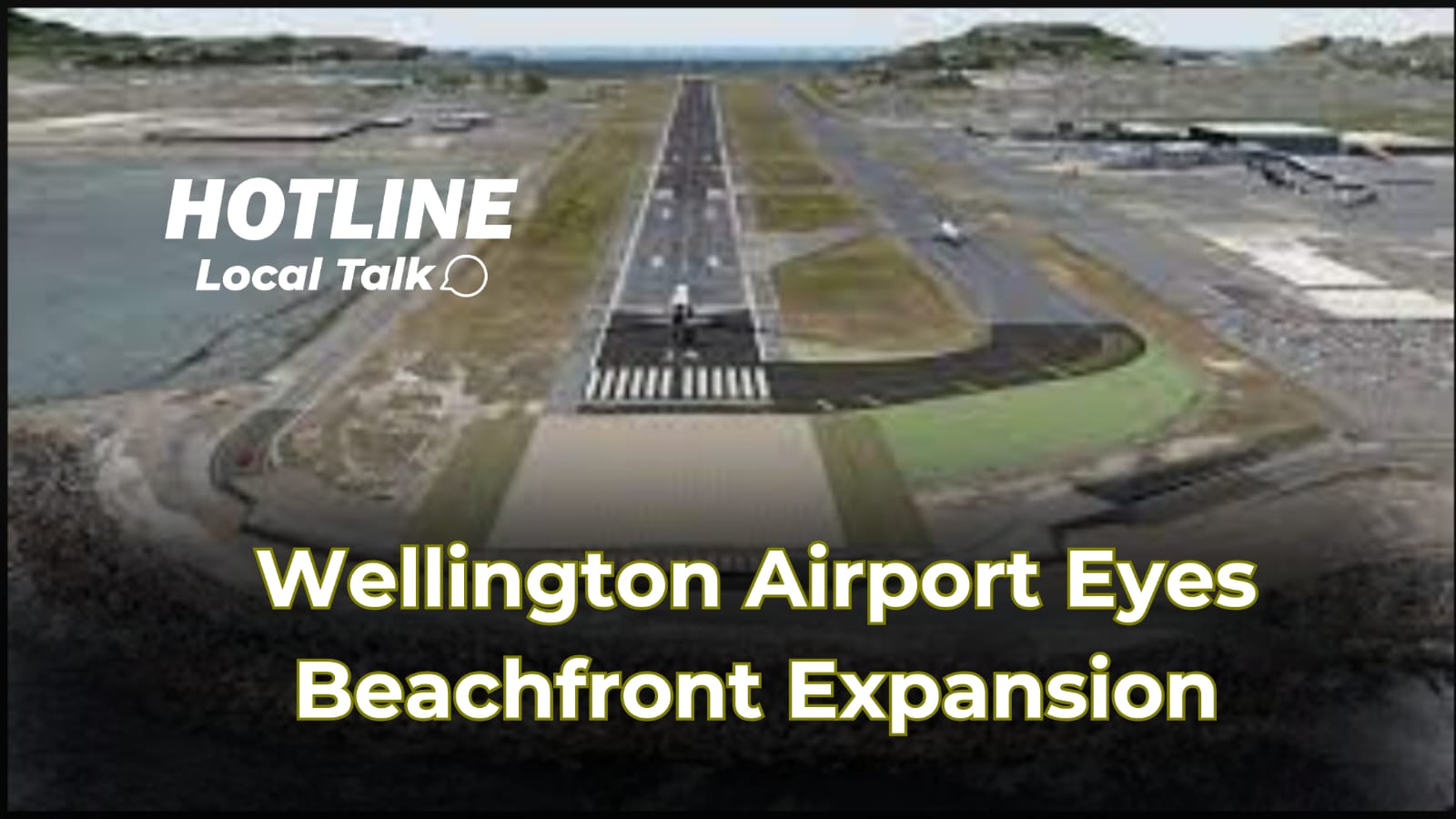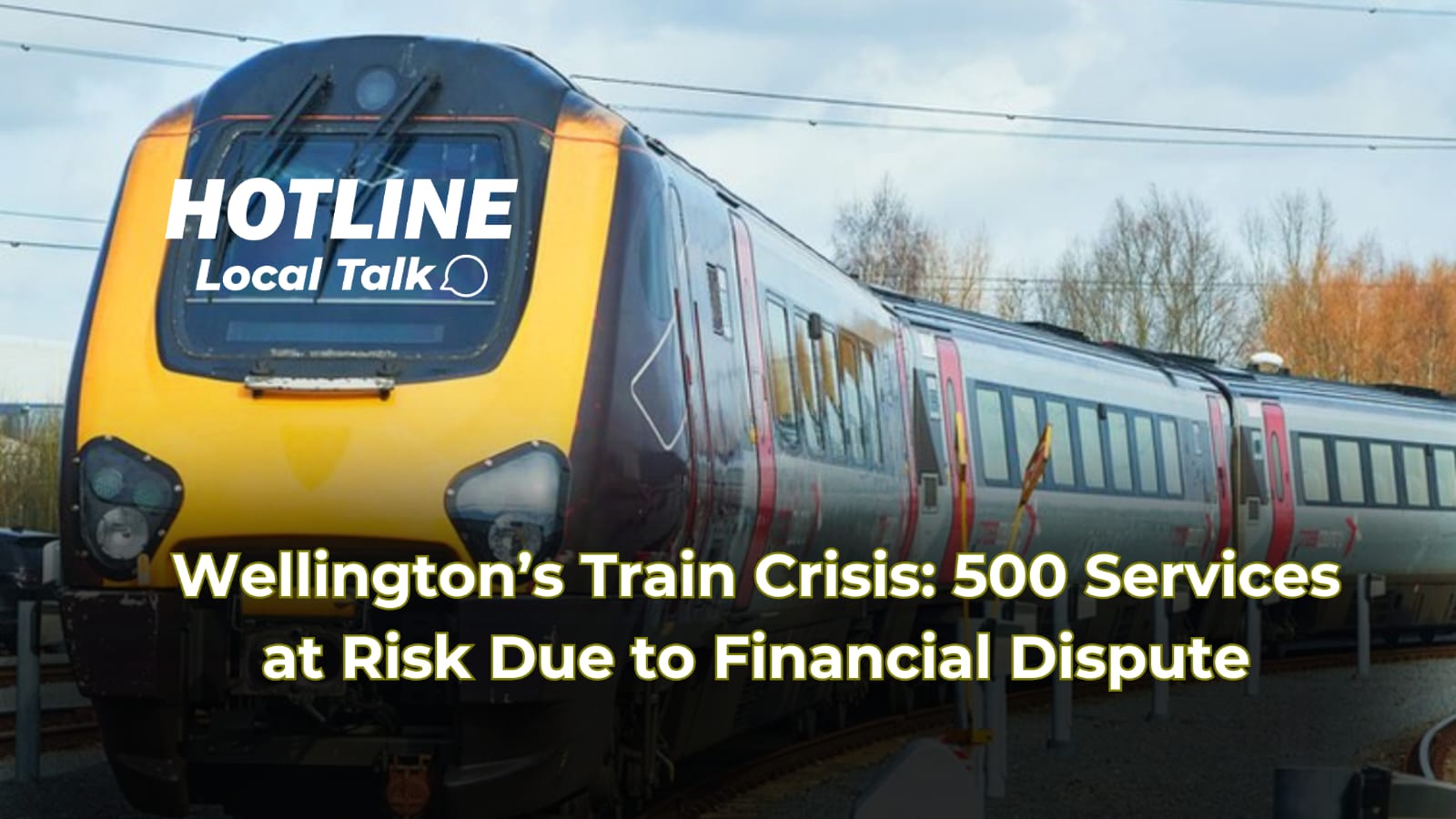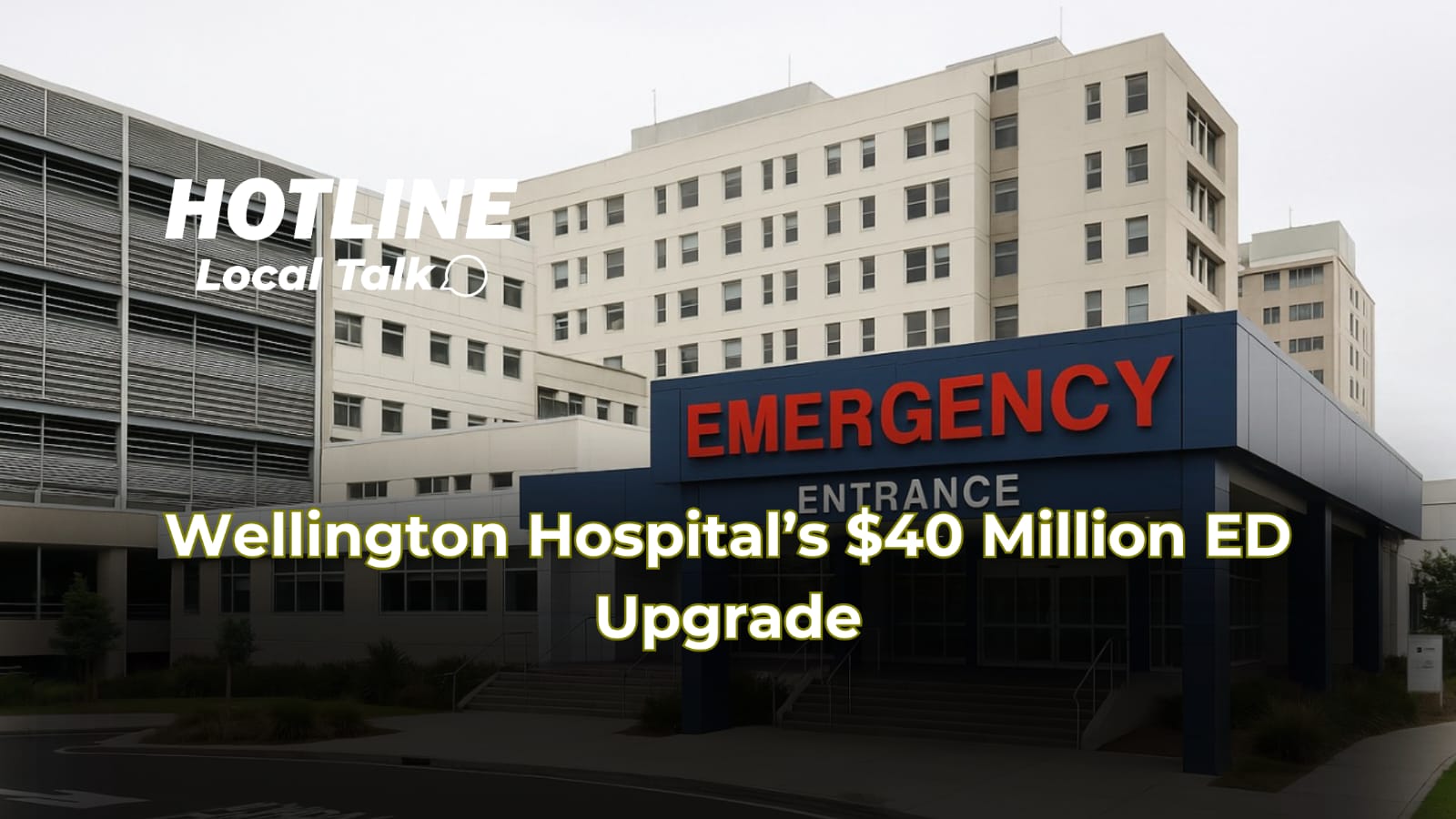Introduction
Wellington’s hospitality sector is facing unprecedented challenges due to recent public sector job cuts and the ongoing cost-of-living crisis. Cafes that once thrived with working professionals and students are now experiencing some of their worst sales days in years. These struggles highlight the broader difficulties confronting New Zealand’s hospitality industry as it navigates one of the toughest economic climates in recent memory.
The Impact of Job Cuts
Kris Bartley, the owner of Sweet Release cafe in Wellington, recently experienced her worst day of sales in over a decade. “People just don’t have money. Those who do are saving it in case they lose their jobs, which is totally fair,” Bartley shared. Her cafe, located on Manners St, has seen a noticeable decline in foot traffic, particularly from public sector employees facing job insecurity. Additionally, concerns about safety in the area have further deterred potential customers.
Bartley emphasized that the current situation is even more challenging than during the Covid-19 pandemic. “During Covid, even if people weren’t in town, they were working from home, still employed, and often ordering takeaways or online. That’s not happening now. I don’t blame anyone, but it’s the reality of how things are at the moment,” she explained.
Worse Than Covid-19
Richard Corney, founder of Flight Coffee and The Hangar cafe, echoed Bartley’s concerns, noting that the hospitality sector is facing tougher conditions now than during the Covid-19 pandemic. The Hangar, which started the year positively, experienced a sharp downturn in sales by April, with a 25% drop by July. “We expected headwinds this year, but nothing as drastic as a 20 to 25% revenue reduction,” Corney lamented.
The volatility in the hospitality market has made it nearly impossible for cafes to operate profitably. Corney pointed to the oversupply of cafes and rising operational costs as key contributors to the contraction of the hospitality market in New Zealand. To remain viable, The Hangar was forced to increase its coffee prices by 30 cents per cup. However, Corney warned that even this might not be enough to cover escalating costs, noting that if prices had kept pace with expenses, customers would be paying over $8 per cup—a price point that is unsustainable for most consumers.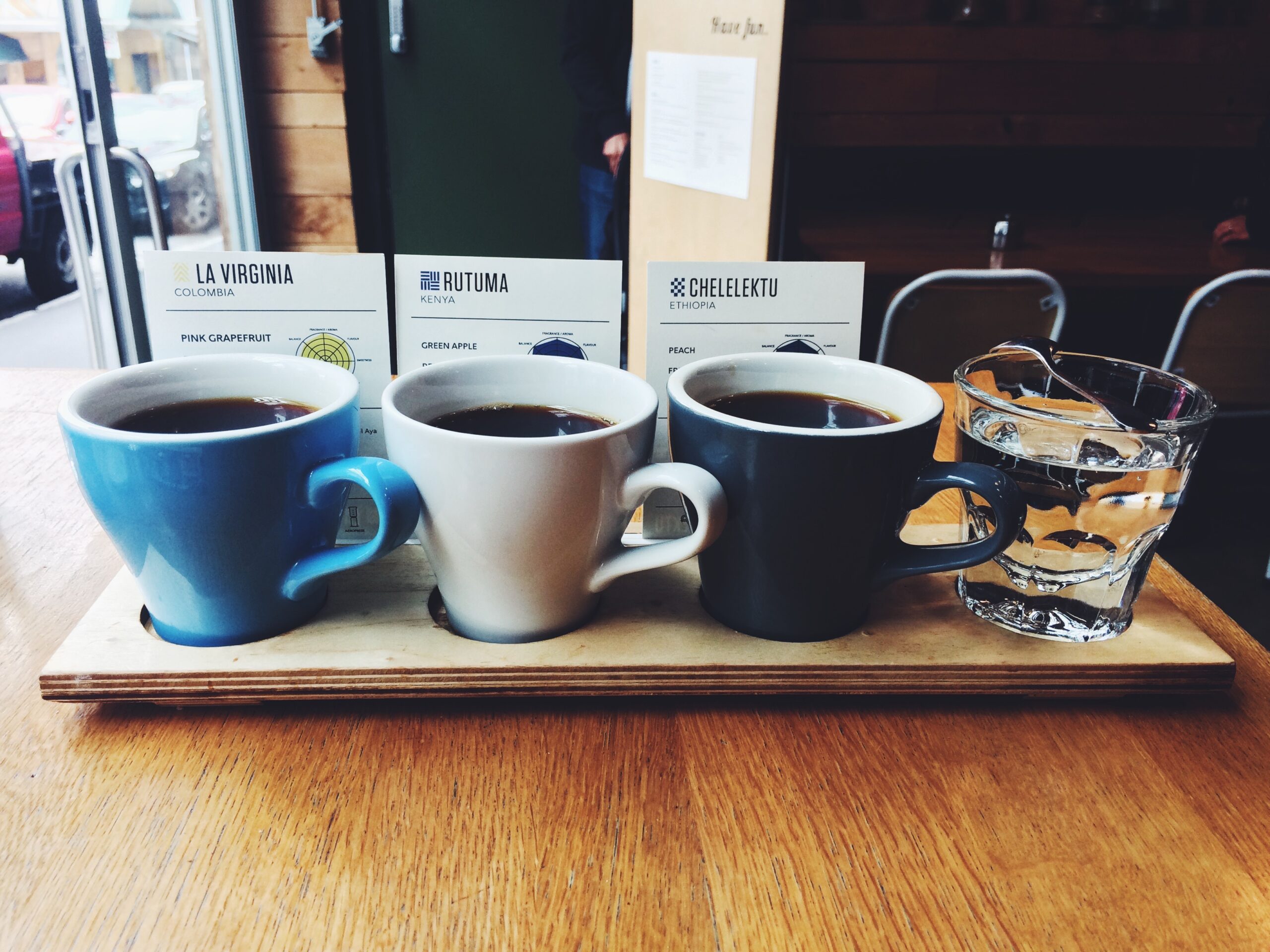
Sector-Wide Challenges
A recent survey by business coaching firm Business Changing revealed that the struggles faced by Wellington’s cafes are widespread. Of 239 businesses surveyed, more than 74% reported that the current economy is tougher than during the Covid-19 pandemic. Over 60% described the current economic environment as the hardest they have ever operated in, surpassing even the challenges of the Global Financial Crisis.
Stats NZ’s electronic card data further highlighted the downturn, showing a 1.4% decrease in hospitality spending in July compared to June. This decline reflects the significant impact of high inflation and aggressive monetary policies on consumers’ disposable income, leading to reduced discretionary spending in the hospitality sector.
BNZ chief economist Mike Jones underscored the severity of the current economic climate, describing conditions as “extraordinarily tough.” He noted that, when adjusting retail spending for inflation and population growth, per capita sales volumes have been contracting for 10 consecutive quarters, resulting in a 13.7% decline from the peak three years ago—a drop more severe than during the Global Financial Crisis. Jones added, “In addition to falling sales, retailers have also been facing significant cost increases. The pressure on profitability is intense.”
While Jones acknowledged that some economic pressures might ease with falling interest rates and recent tax threshold adjustments, he cautioned that these improvements would be slow and incremental. “So, while we may see some improvement in spending levels over the coming year, it’s going to be slow going, and more akin to stabilization at first,” he said.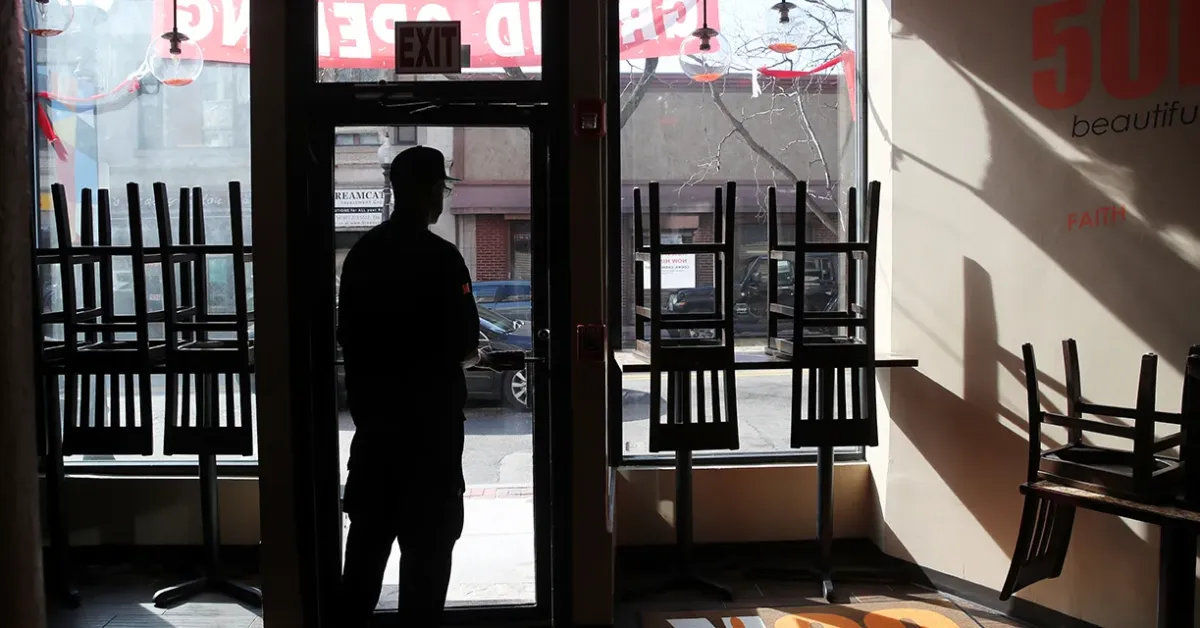
Signs of Hope
Despite the current challenges, Kiwibank economist Sabrina Delgado remains cautiously optimistic about the future. Delgado noted that the Reserve Bank’s recent interest rate cuts could eventually lead to increased disposable income and a boost in discretionary spending. “As interest rates come down, helped by normalizing inflation, consumers should see an increase in disposable income, which we think will help boost discretionary spending – in both the hospitality and retail sectors,” Delgado explained.
She also highlighted the potential positive impact of a recovering housing market and a resurgence in tourism. Although tourism has yet to fully recover to pre-Covid levels, it is operating at about 80% capacity. Delgado pointed out that the return of Chinese tourists, who have been largely absent due to China’s ongoing property crisis, could provide an additional boost to the sector.
Conclusion
Wellington’s cafes are facing an unprecedented crisis, with public sector job cuts and economic challenges significantly reducing foot traffic and sales. While the current situation is dire, there is hope that the sector will recover as interest rates fall and consumer confidence returns. However, for now, Wellington’s cafe owners must navigate these turbulent times with resilience and adaptability, as the road to recovery remains uncertain.
TRUTH SEEKER
Instantly run a Quiz with friends... about the article. Interact more & analise the story. Dig in, catch out biased opinions, and "fact check" with TRUTH SEEKER by ONENETWORK WELLINGTONLIVE 👋
Do you agree with the main argument of this article?
Total votes: 0
Who is the owner of Sweet Release cafe in Wellington mentioned in the article?
Bias Analysis
Fact Check Summary
True
Source: Business Changing survey
True
Source: BNZ chief economist Mike Jones


